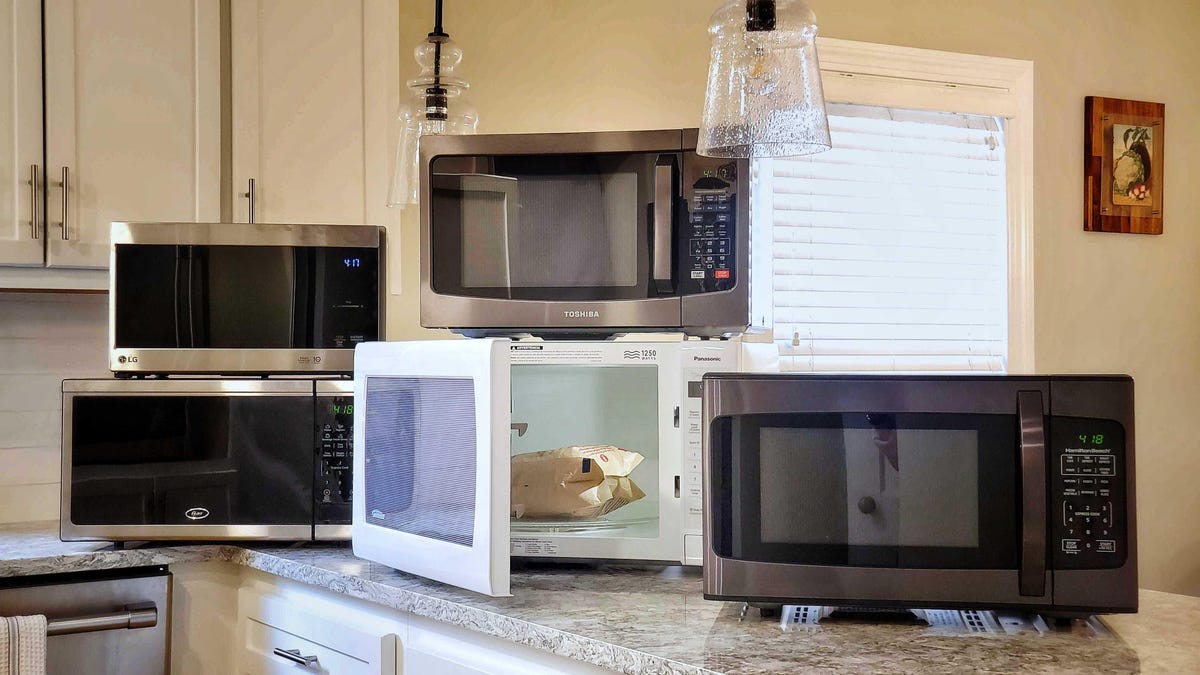Serving tech enthusiasts for over 25 years.
TechSpot means tech analysis and advice you can trust.
Bottom line: As the field of smart eyewear continues to evolve, glasses that can sense emotions could open the door to more data-driven approaches to health, wellness, and human-computer interaction. However, it will be crucial to address privacy concerns before they move to widespread adoption.
Emteq Labs has announced the development of Sense, which it says is the world's first emotion-sensing smart glasses.
Sense glasses incorporate technology that sets them apart from conventional smart eyewear. At their core is Emteq's patented OCO sensors, which provide precise three-dimensional mapping of facial skin movements.
The glasses also incorporate a 9-axis inertial measurement unit and an altimeter for behavioral understanding. A downward-facing camera logs food consumption, while proprietary AI/ML algorithms analyze collected data, which is transferred to a companion app and cloud platform.
The glasses track various metrics, including facial expressions, eating habits, mood, posture, attention levels, and physical activity.
Surgeon and facial musculature expert Dr. Charles Nduka leads the company, which has been immersed in engineering advanced technologies for sensing facial movements and emotions over the past decade. It says this data has never been available outside of a laboratory, healthcare facility, or other controlled setting.
"Since founding Emteq Labs in 2015, we have been on a mission to improve lives and health outcomes through a deeper understanding of our emotional responses and behaviors," Nduka said.

Emteq Labs envisions two primary applications for Sense glasses. One is mental health monitoring, as the technology can distinguish between depressed and non-depressed individuals. The other is dietary management. Sense glasses can detect chewing patterns and monitor food consumption, offering insights to prevent overeating.
However, the glasses have the potential to enhance several fields. Because they can analyze real-time emotional responses, they would be useful in consumer research and augmented reality applications.
Emteq Labs is headed by Steen Strand, who, before joining Emteq, led Snap's hardware division, SnapLab, where he was responsible for the Spectacles line of augmented reality eyewear and the company's hardware-related investments and acquisitions. "Emteq's technology will change how we understand ourselves and will create strong use cases that will soon drive the adoption of AR eyewear," Strand said.
Privacy concerns will surely arise whenever these glasses are ultimately released – there is no set date yet – but Emteq Labs says that users have full control over their data and can choose whether to share it with healthcare professionals or researchers.
However, experts warn about potential misuse, especially in regions where governments might exploit such data for surveillance or oppression of certain communities. And some say it is just a bad idea.
"Where do we go from here?" Avijit Ghosh, an applied policy researcher at the AI company Hugging Face, told Wired. "Emotion detection becoming mainstream without discussing the pitfalls and taking away human agency, forcing this sort of normative idea of what proper emotions should be, is like a path to doom."
Meanwhile, Emteq Labs is facing competition from tech giants like Meta and Apple, who are also developing smart glasses with various features. To remain competitive, Emteq may need to incorporate features besides emotion detection.
The company plans to release a development kit for commercial partners in December, opening up possibilities for a wide range of applications across different industries.





:quality(85):upscale()/2024/10/31/831/n/49351773/b7bf33836723d2f0643c55.51137847_.jpg)



 English (US) ·
English (US) ·